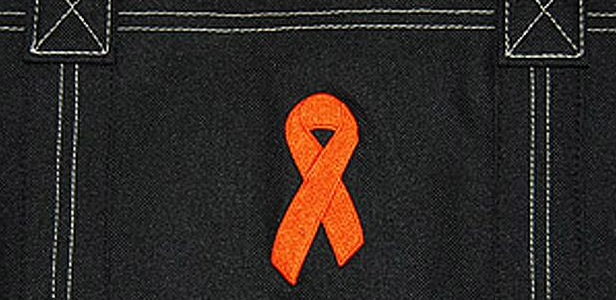Kidney cancer, also referred to as renal carcinoma, is notoriously difficult to detect during the earliest stages. One of the most common symptoms associated with Kidney cancer would be the presence of blood in the urine, though this could be caused by some other medical conditions (including a kidney stone or some form of infection).
Why tell you all this? Well, March is Kidney Cancer Awareness Month, which means that we need to help spread awareness of this potentially deadly disease. Fortunately, the treatments that are available for kidney cancer are improving all of the time. This has come as good news for anyone who has been affected by this disease.
Treating Kidney Cancer in 2013
In fact, there have been seven new drugs which have been approved for the treatment of kidney cancer in just the last decade alone. This is a really remarkable achievement for cancer research, as new drugs can take the better part of a decade to be developed on their own. Improving treatment options is key when it comes to kidney cancer, as it is often not diagnosed until after the tumor has begun to metastasize.
According to the American Cancer Society, the most common treatment options for kidney cancer already included chemotherapy, radiation therapy, surgery, ablation, biologic therapy, and targeted drug therapy. The appropriate course of treatment will depend on the patient’s overall health, the present stage of kidney cancer, any potential side effects, and the overall odds that the cancer can be cured. In addition, oncologists will need to consider the type of kidney cancer that their patient has.
The Different Types of Kidney Cancer
There are actually two main types of kidney cancer that are diagnosed. The most common form of kidney cancer is called renal cell carcinoma, and this accounts for 85 percent of all malignant tumors. In fact, there are a variety of subtypes of renal cell carcinoma, and each are treated in their own way.
The other major type of kidney cancer is transitional cell carcinoma, which primarily affects the interior lining of the kidneys, the urinary tract system, and in some cases the bladder (though this is significantly less common). Some patients also develop what is known as the Wilm’s tumor, but this is mostly diagnosed in children.
Know the Risk Factors for Kidney Cancer
There are two primary risk factors for kidney cancer and these are obesity and smoking. So, it is advisable that you quit smoking (if you are a smoker) and that you try to eat better or exercise (if you are overweight). Other potential risk factors for kidney cancer include high blood pressure (hypertension), advanced kidney disease, or a family history of this cancer.
On a more positive note, kidney cancer is still treatable, and scientists are continually working to improve the treatments available to these patients. Still, health care officials and the National Cancer Institute expect that 65,150 new cases will be diagnosed in 2013, and nearly 14,000 of these people will succumb to this disease.

